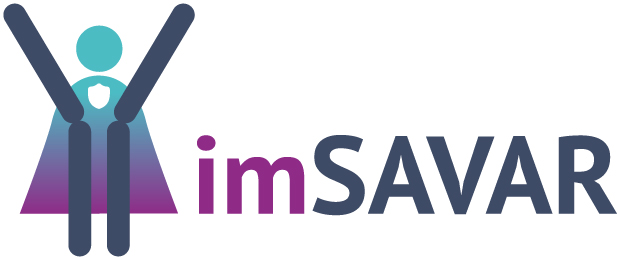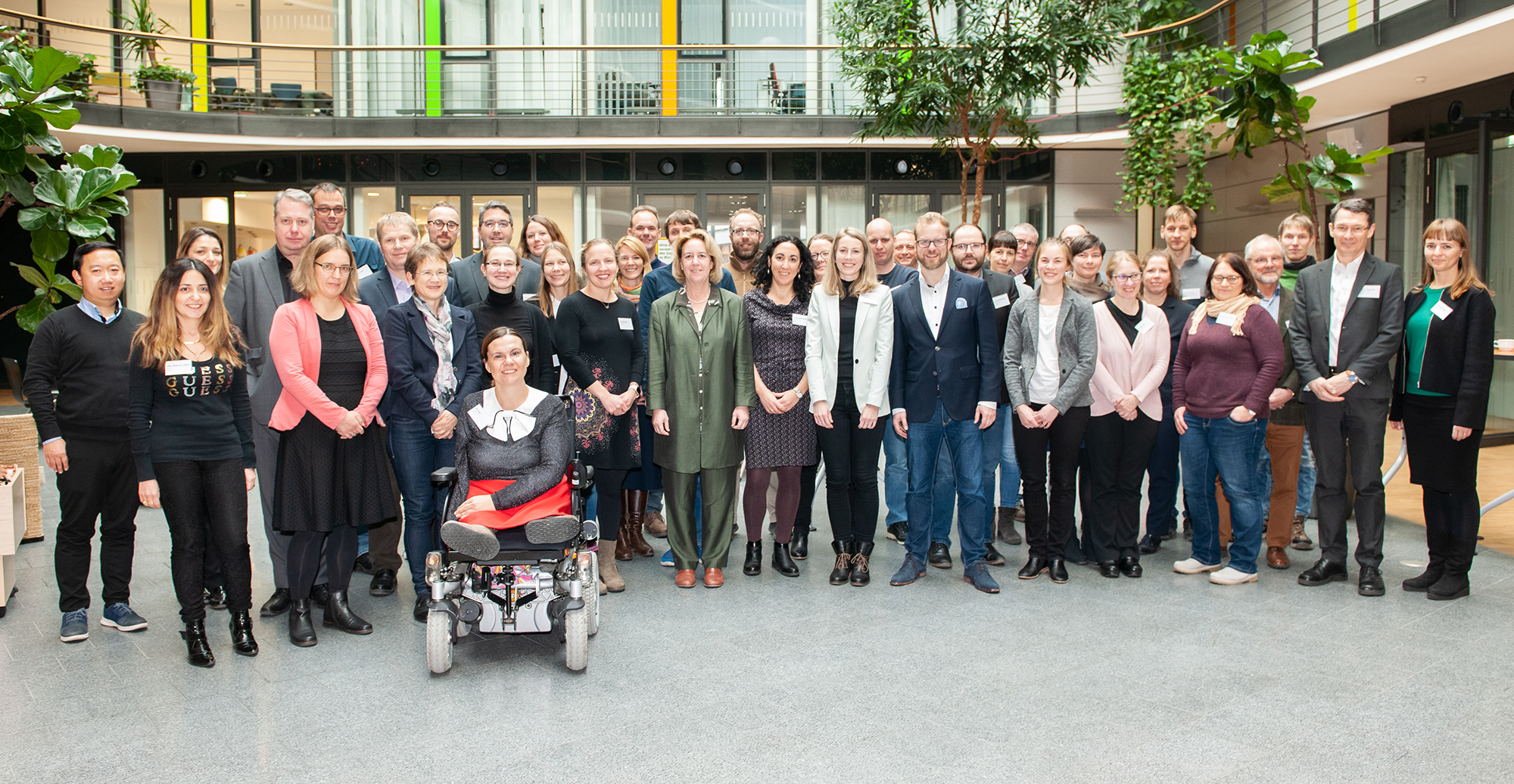Making novel therapeutics safer: Interdisciplinary EU consortium develops innovative model systems for the evaluation of immunomodulating therapeutics
Fraunhofer IZI takes lead on EU project developing highly innovative model systems to evaluate immunomodulatory therapeutic agents
The development of immunomodulatory agents and therapies has received fresh impetus following the latest successes in immuno-oncology. And cancer medicine is not the only area where cell and gene therapies are increasingly taking hold as alternatives or complementary to classic, low-molecular drugs and biologicals.
A significant challenge facing the development of new therapies, however, is and remains their preclinical evaluation in terms of efficacy and safety. The greatest problem here is the complexity of the human immune system. When a person is ill, for example in the case of cancer, autoimmune or inflammatory diseases, the cells of the immune system interact differently to when a person is healthy. While preclinical tests have so far mainly looked at the basic toxicity of a new therapeutic agent in terms of the (healthy) immune system, there is a lack of non-clinical models that accurately capture the individual interactions of the human immune system in the pathogenic state.
The EU consortium imSAVAR (Immune Safety Avatar: nonclinical mimicking of the immune system effects of immunomodulatory therapies) is addressing this shortfall by coming up with new ways of examining immunomodulatory therapies. The aim here is to improve existing model systems and develop new ones in order to:
- identify adverse side effects of new therapies affecting the immune system,
- develop new biomarkers for diagnosing and predicting immune-mediated pharmacology and toxicities, and
- further explore toxicity mechanisms and the potential for their mitigation via therapeutic interventions.
The project hopes to lay the foundations for new Europe-wide standards in drug development.
The interdisciplinary imSAVAR consortium is made up of 28 international partners from 11 nations and is being coordinated by the Fraunhofer Institute for Cell Therapy and Immunology (Leipzig, Germany) and Novartis. Partners include university and non-university research facilities, pharmaceutical and biotechnology companies, as well as regulatory authorities.
Besides coordinating the overall project, Fraunhofer IZI will focus in particular on predicting and evaluating adverse effects caused by novel immunotherapies specifically developed for oncological and inflammatory diseases. This involves optimizing and developing respective models (in situ, in vitro, in vivo, in silico) and biomarkers that take into account the highly complex modes of action typical of immunotherapies.
This project receives funding from the Innovative Medicines Initiative 2 Joint Undertaking under grant agreement No 853988. This Joint Undertaking receives support from the European Union’s Horizon 2020 research and innovation programme and EFPIA.
Further information on the project will be available from February 2020 on the website www.imsavar.eu.
imSAVAR project consortium:
BioSci Consulting, Belgium
bluebird bio, Inc. United States
Boehringer Ingelheim, United States
Covance, United Kingdom
Dynamic42 GmbH, Germany
F. Hoffmann-La Roche Ltd, Switzerland
Fraunhofer Institute for Cell Therapy and Immunology IZI, Germany
Fraunhofer Institute for Interfacial Engineeringand Biotechnology IGB, Germany
Fraunhofer Institute for Toxicology and Experimental Medicine ITEM, Germany
Fraunhofer Institute for Material and Beam Technology IWS, Germany
Fraunhofer Institute for Molecular Biology and Applied Ecology IME, Germany
Hannover Medical School (MHH), Germany
IT for Translational Medicine S.A. (ITTM), Luxembourg
Jena University hospital, Germany
JDRF, United States
Leiden University Medical Center (LUMC), The Netherlands
Leipzig University, Germany
Lund University, Sweden
Merck KGaA, Germany
Merck Sharp & Dohme Corp., United States
Novartis AG, Switzerland
Medical University of Innsbruck, Austria
Paul-Ehrlich-Institut (PEI), Germany
Sanofi, France
Servier, France
T-CURX GmbH, Germany
Transgene SA, France
University Hospital of Würzburg, Germany
University Hospital of Tübingen, Germany
University of Luxembourg, Luxembourg
University of Oslo, Norway
University of Twente, The Netherlands


This project receives funding from the Innovative Medicines Initiative 2 Joint Undertaking under grant agreement No 853988. This Joint Undertaking receives support from the European Union’s Horizon 2020 research and innovation programme and EFPIA.

